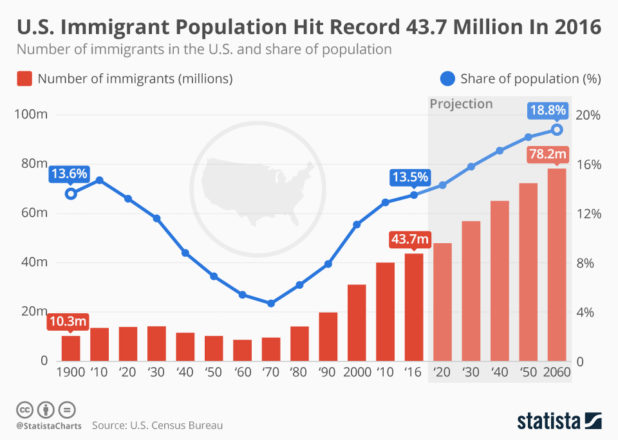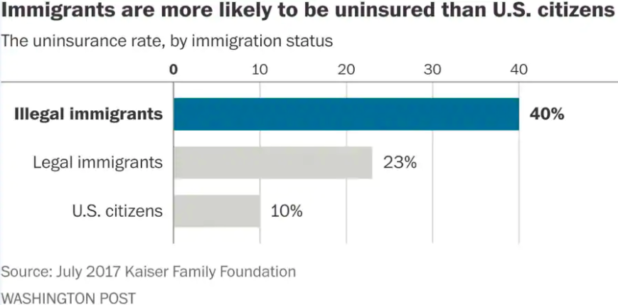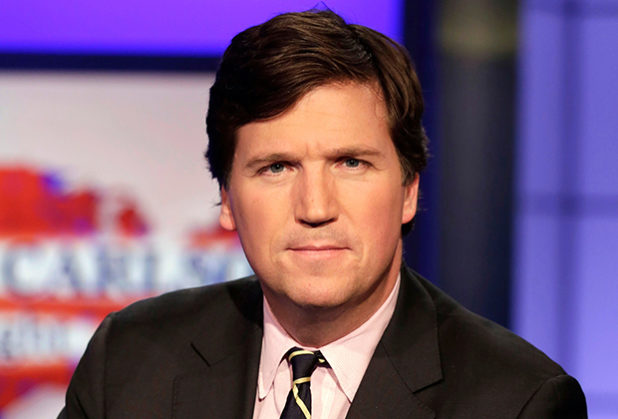Andrew Anglin
Daily Stormer
February 5, 2019
The original free healthcare guy is refusing to support the plan of modern Democrats to give everyone free healthcare.
Sherrod Brown has been calling for universal health care since 1992. That’s when he first ran for a U.S. House seat in Ohio, vowing to decline the federally subsidized insurance for members of Congress until his constituents could get similar coverage. He won that race and he kept that pledge, buying policies on his own until 2011, after the Affordable Care Act became law.
He was a senator by that point, and like every other Democrat in the chamber, he voted for President Barack Obama’s signature health care law. But before Brown did that, he promoted a series of proposals designed to make the program more generous and comprehensive. One of them was a last-minute amendment that would have replaced Obamacare’s intricate scheme for competing private insurers with a “Medicare for all” program, under which everybody would enroll in a government-run insurance plan.
Nobody seriously thought Democrats were about to scrap legislation they had spent nearly a year writing. By supporting the amendment, Brown was mostly trying to demonstrate his commitment to improving the Affordable Care Act, if not before it became law, then afterward. It was a symbolic act, but a conspicuous one, with only one other senator co-sponsoring it.
The amendment’s author was Sen. Bernie Sanders (I-Vt.), the most visible champion of “Medicare for all.” In 2016 he made the idea a centerpiece of his presidential campaign, and a year later, he introduced a new version of “Medicare for all” legislation ― this time, with 16 co-sponsors, proving just how popular the idea had become in the interim.
But this time Brown declined to join them, explaining in a prepared statement that while he remained “supportive of ‘Medicare for all,’” he preferred to focus on more incremental, potentially bipartisan measures, like allowing people to buy into Medicare as early as their 50s.
Now Brown is thinking about a run for president himself. And like every other Democrat who has launched a 2020 campaign or is seriously contemplating one, he has been getting questions about whether he will endorse “Medicare for all.” His answer has been “no,” and he has become more explicit about why, saying he doesn’t think it’s realistic politically.
“It’s easy to say ‘Medicare for all’ and make a good speech but see no action,” Brown told Politico in late January, “I want to see action.” This weekend, he told voters at an Iowa forum that “If we can get Medicare to 50, if we can pass Medicare at 55 tomorrow, two things would happen. A whole lot of people’s lives would improve, and a whole lot of voters would think, ‘Oh, that works. The next step is to do more.’”
Brown’s posture has already provoked criticism from progressives. If he proceeds with a presidential campaign, he can expect a lot more of it ― as can any other Democratic candidates whose commitment to “Medicare for all” seems suspect.
So, the original single-payer guy no longer supports single-payer.
He says something about “blah blah blah politics,” but it’s actually because he’s the person who’s been on this issue for 25 years, and understands it best, and knows it is impossible.
In 1992, you could have just implemented it, and it would have been hard, but it would have been feasible.
It isn’t anymore.
Because of two graphs:
You can add this graph to back-up the first graph:
So….
We are living in a very different country than we lived in in 1992.
We have allowed massive amounts of very poor, very stupid, very lazy and very unhealthy brown people to flood our country. And we have allowed big business to go completely unchecked, which has resulted, among other things, in individual medical costs rising at an extreme rate.
Those things are not unconnected: big business wanted all of these immigrants here in the first place. And the fact that big business supported that agenda is not unconnected to the fact that the Democrats, once a worker-oriented type party, now support big business so aggressively.
Democrats support big business not only because big business supports their browning agenda, but because they support all of their agendas. For example, drug companies would obviously support the American government (white taxpayers) buying unlimited amounts of absurdly patented drugs for illegal immigrants.
This situation is insane.
If Democrats want free healthcare, they can probably have that – I don’t really care, and would be more than willing to concede such a thing – but they would have to stop supporting mass nonwhite immigration, and cease this bizarre relationship with globalist multinational corporations.
I don’t expect Democrats to back-off of their mass invasion or international capitalism agendas, of course.
But there is room for a message that combines populist policies from the right and left to work in America.





